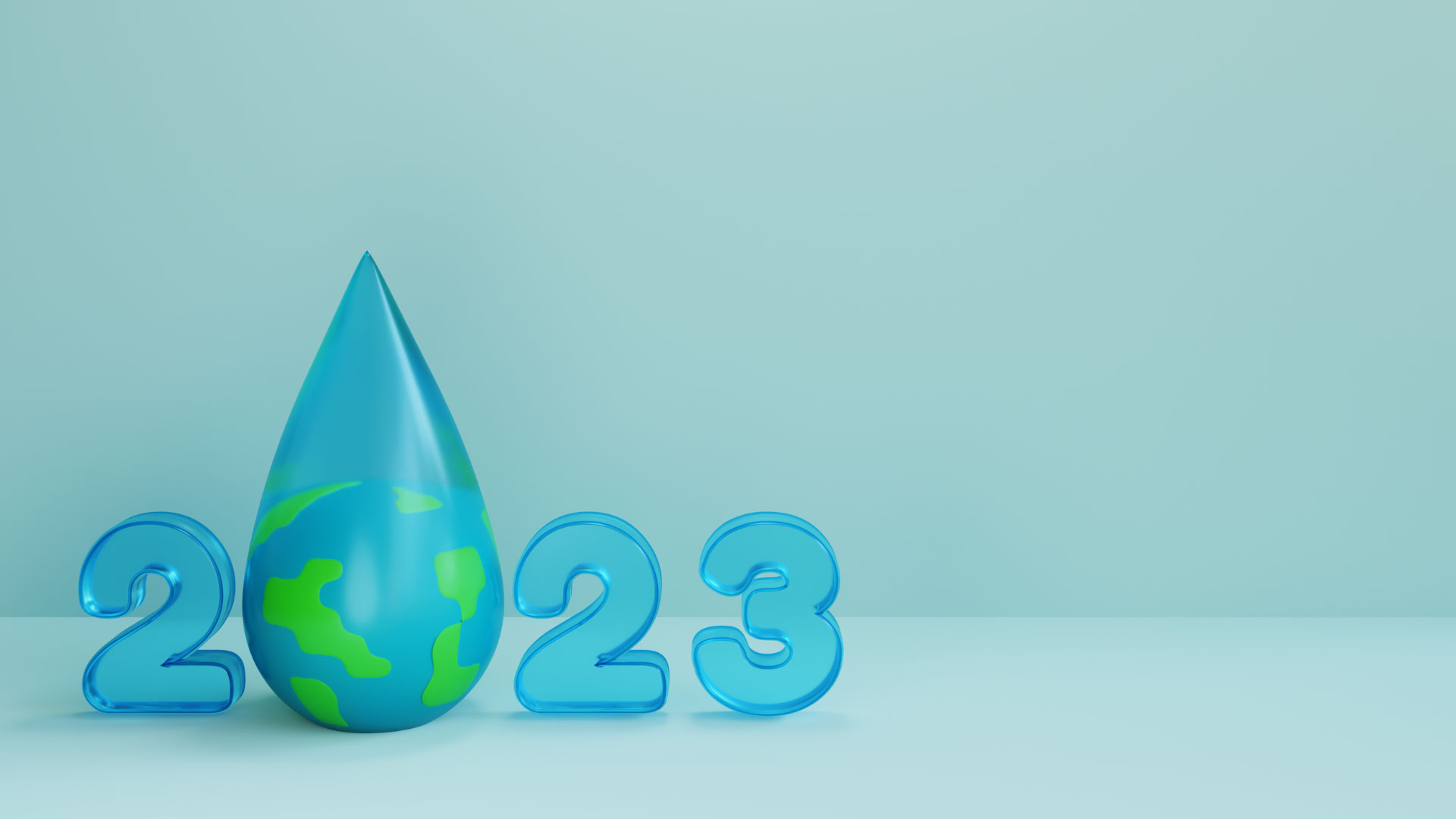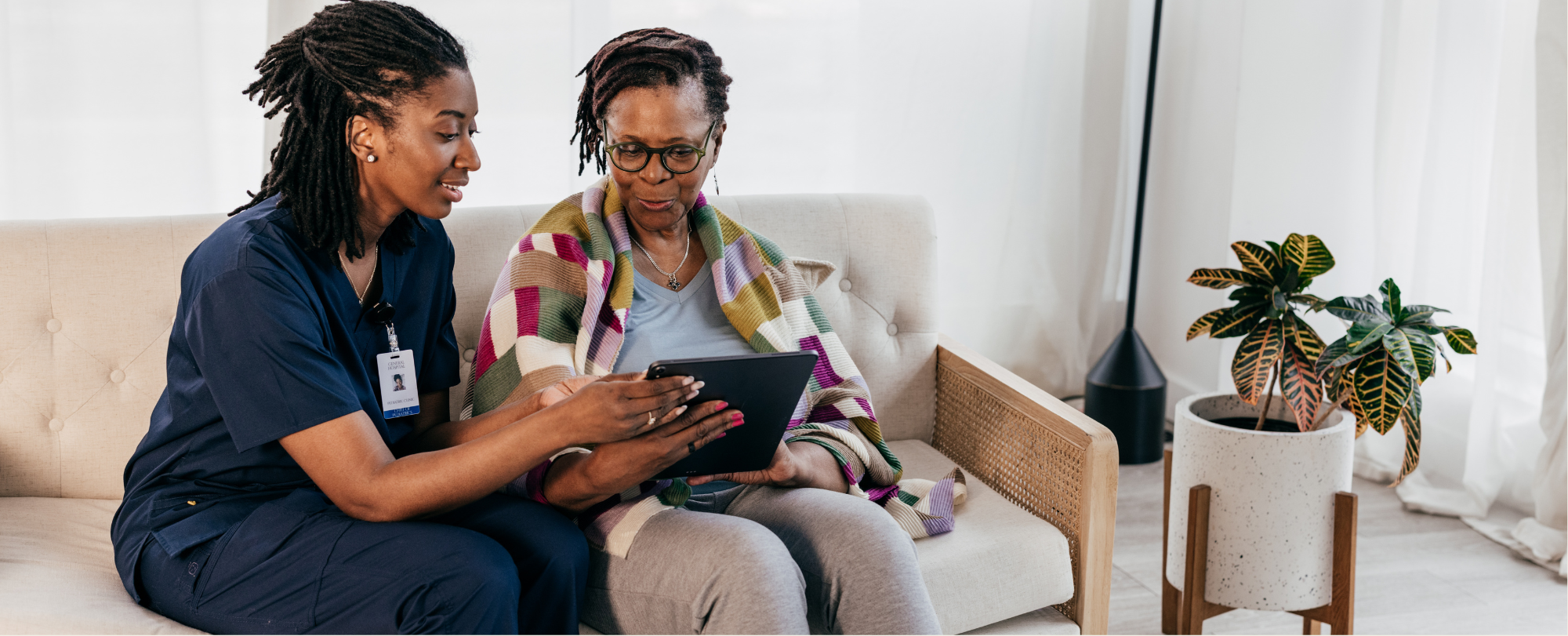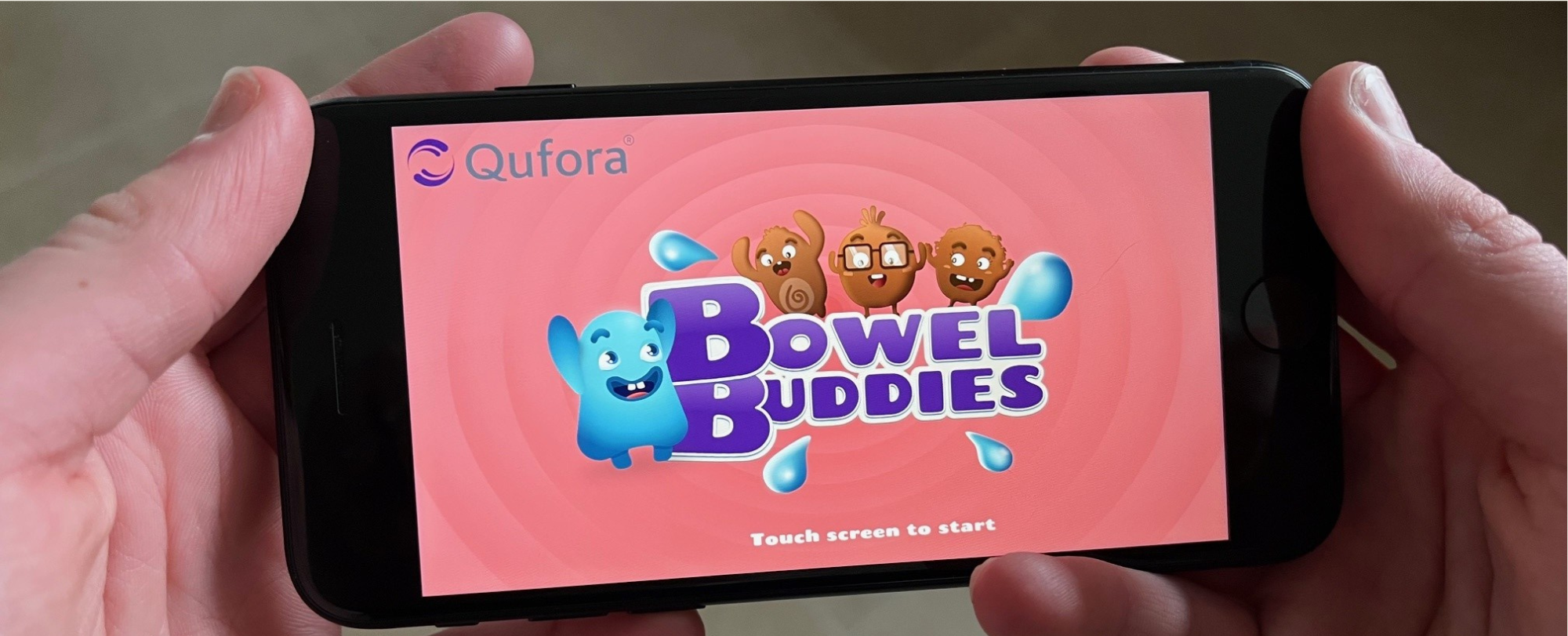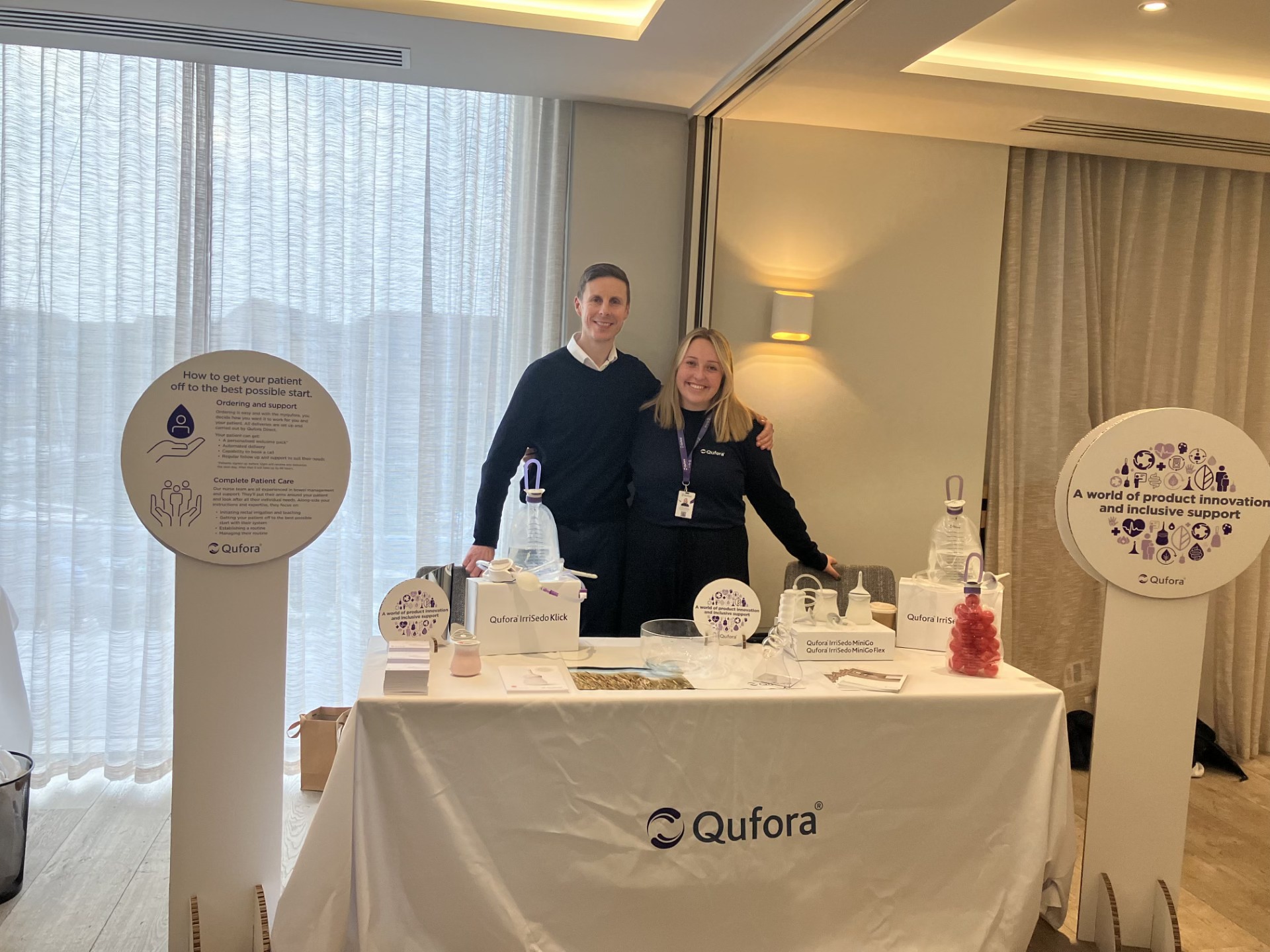By Michelle Henderson
World Water Day highlights the importance of water and the sustainable management of freshwater resources. The aim is to achieve clean water and sanitation for all – a United Nations (UN) Sustainable Development Goal.
Let’s all help to raise awareness about water. This year’s theme is ‘accelerating change to solve the water and sanitation crisis.’ As part of this, the UN has created an Action List to help us.
We noticed one of the actions is to help break the taboo and talk about toilets, water, sanitation and more. We are taking this opportunity to share some of the taboos around toilets and bowels and how we can help to raise awareness amongst patients.
Let’s talk toilets and bowels…How?
Encourage open and honest conversations
We know that embarrassment is a barrier to accessing medical support. A 2021 survey found that embarrassment prevented 26% of respondents, equivalent to nearly 14 million people, from seeking medical help. In fact, almost half (46%) of respondents reported that being incontinent (bladder or bowel) would be the most embarrassing thing to have to tell their partner, friend, or family member (Essity 2021).
There is a long-standing taboo around bowels, making it difficult to talk about – but this is changing. With Dame Deborah James significantly raising awareness about bowel cancer, Radio 1 presenter Adele Roberts speaking openly about her experiences with bowel cancer, and the recent Channel 4 programme Know Your S**T: Inside our Guts exploring topics related to our gut and bowel health, mainstream media has seen a rise in ‘bowel chat’ and ‘loo talk’. This openness will start to normalise the conversation and hopefully encourage people to speak to their healthcare professional about bowel problems.
Provide accurate and accessible information
From our own clinical experience, we know how important it is to stay up to date with the latest evidence in bowel care. We also know how vital it is to be able to present this information to patients so that they understand their conditions and are reassured and motivated to adhere to treatment.
At MacGregor Healthcare, we pride ourselves in creating helpful and easy-to-digest education tools for healthcare professionals to use in clinical practice, to ensure the best outcomes for their patients.
We have a range of blogs/vlogs, patient testimonials, video guides, and more ( available on our website ) that you can use to enhance your education on bowels, particularly rectal irrigation. It’s also worth mentioning that our readily available resources can be shared with your patients. We also have our myqufora team who are Qufora product experts and very experienced in supporting patients on their rectal irrigation journey.
Supporting the use of appropriate technologies
Knowledge is power, leading to more successful outcomes for patients. Providing educational materials in different formats, for example the Decision Guide for initiating rectal irrigation, is available electronically or as a hard copy, enhances accessibility.
There are also other useful technologies out there to help patients manage their bowel health. For example, toilet-finding apps such as the ‘Flush-Toilet Finder and Map’ can reassure and increase confidence for people with bowel problems, allowing them to get out and about once again.
Conclusion
There is a long-standing taboo around bowel health, making it difficult for people to talk about, but this is gradually changing with the help of media, education, innovative product design and technologies, inclusive of rectal irrigation systems.
World Water Day allows us to raise awareness of this taboo and make discussion around bowels and sanitation that bit easier.
For more information and the next steps, we recommend visiting The Action List, available on the World Water Day website.







